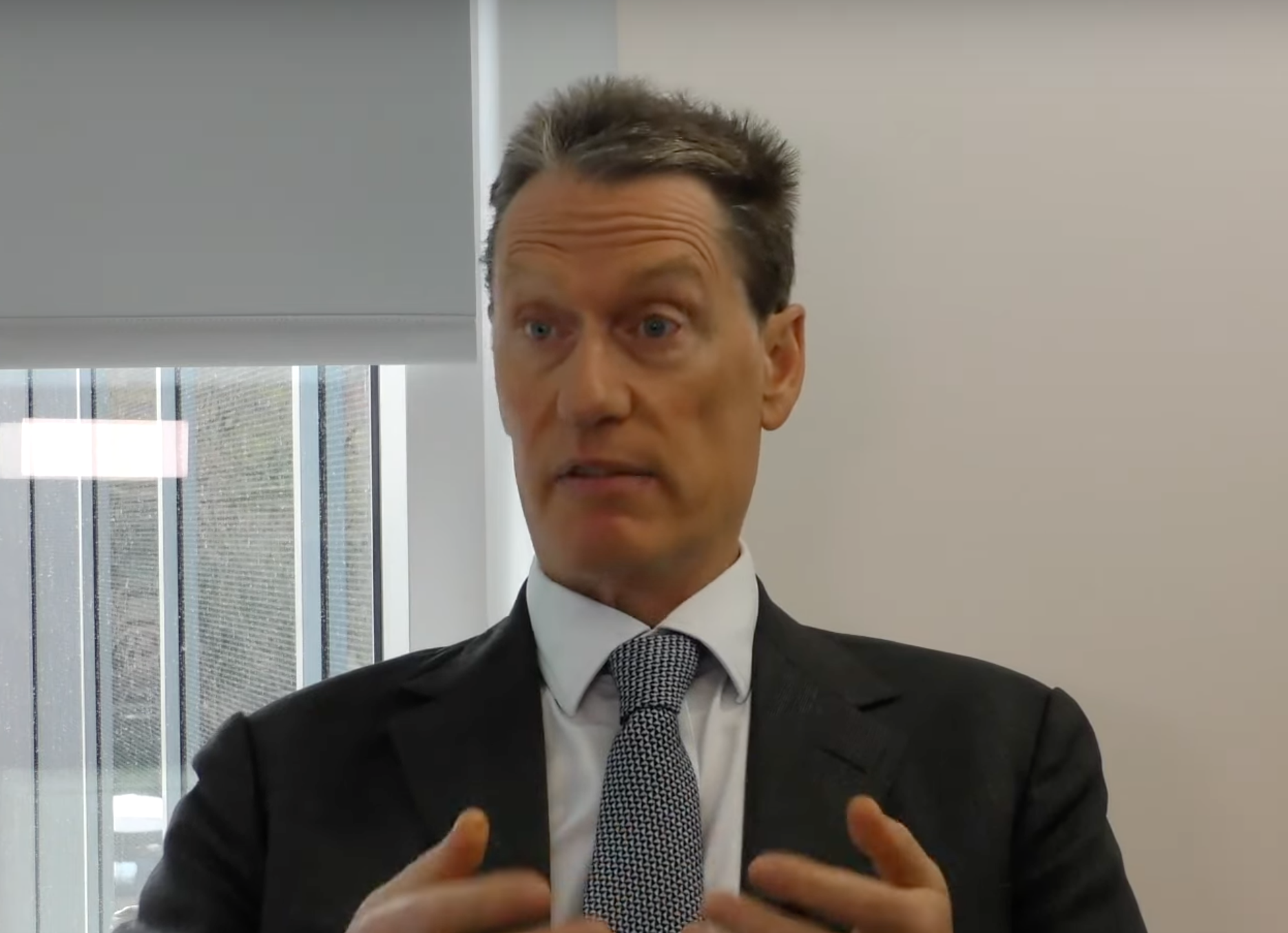Meet the UK’s ‘Most Loathed’ Landowner
The man who got wild camping banned.
by Simon Childs
2 February 2023

When Alexander Darwall brought a legal case to get wild camping banned on Dartmoor, complaining about mess apparently made by campers on his land, he perhaps didn’t anticipate campaigners talking about re-enacting the Kinder Scout trespass in order to get the decision overturned.
Darwall bought the 1,619-hectare (4,000-acre) Blachford estate on southern Dartmoor with his wife Diana in 2011 for a rumoured £8m. He offers pheasant shoots, deer stalking and holiday rentals on his land for rich visitors.
Dartmoor was the last place in England and Wales where it was thought you could camp without the permission of the landowner. By getting wild camping banned, Darwall has made himself a lightning rod for attention. But who is the man who has become – in the words of Guy Singh-Watson, founder of Riverford Organic veg boxes – “the most loathed man in the country”?
Darwall, Dartmoor’s sixth largest landowner, casts himself as something of a maverick hedge fund manager. In 2019 he left Jupiter Fund Management, one of the City’s best known investment firms where he built his reputation, to found Devon Equity Management. In an interview with investment advisors Edison, he explains that this was because he became “uncomfortable with the mainstream fund managers” who “run the risk of losing sight of what we’re here to do, which is to try and make money for customers.”
“Some organisations feel a bit uncomfortable using words like ‘money’. They feel more comfortable signalling greater virtue and talking about a whole bunch of other things.”
“I’m unashamed: We try to make money for our customers,” said Darwall.
Darwall’s strategy is “high conviction” investing. This means Devon Equity Management eschews the hurly-burly of the market cycle and instead, “find what we think and hope are great companies and special companies and we stick with them.”
One such special company singled out for praise by Darwall is Novo Nordisk, a Danish pharmaceutical company that sells insulin for the treatment of diabetes and obesity. “Huge addressable markets”, purred Darwall. “A remarkably steady business”.
Novo Nordisk is currently being sued in California for driving up the price of insulin using “unlawful, unfair, and deceptive business practices.” Rob Bonta, the state’s attorney general, characterised the US insulin market as an “oligopoly”. Novo Nordisk has highlighted that it provides financial assistance to those struggling to afford insulin.
Another special company that Darwall took a big gamble on was Wirecard. According to the Financial Times, at one point Darwall had more than 17% of his £1bn investment trust in this German electronic payment company that had, it turned out, faked its profits.
At first Darwall criticised the FT for its dogged reporting that exposed the fraud, but in 2020 he dumped his holding and had to apologise, saying: “I’m extremely sorry for what’s happened. It’s a great shock. It’s the biggest mistake I’ve made.”
Campaigners fighting to protect wild camping will be hoping it was only his biggest mistake so far. The Dartmoor National Park Authority is seeking to overturn the wild camping judgement.
Darwall has massive wealth on his side, which he has used to influence politics. He was one of the investment managers who bankrolled Brexit, giving £90,000 to Ukip and the Leave campaign. He also helped fund the campaign to elect local Tory MP Anthony Mangnall to the tune of £5,000. Mangnall has decided not to intervene in favour of wild campers, saying: “I do not believe it is right for a MP to second guess legal experts.”
The Dartmoor affair isn’t the first time Darwall has been criticised for enclosing common land. In 2018 he got into a row after introducing a charge of £10-a-day to pan for gold on his 16,000 acre Suisgill Estate which he bought in November 2016. People have been panning for gold there since 1868, then paying the Duke of Sutherland for a licence. Recreational gold-panners called Darwall’s charges “totally outrageous” and “entirely draconian”. Darwall said he merely wanted to regulate the practice, saying some panners had been “taking the mickey” by selling the gold on eBay.
Darwall has also already made life difficult for people trying to enjoy Dartmoor. According to local websites, two car parks near Harford – one of them on Darwall’s land – have been closed to walkers. A statement from the website Prehistoric Dartmoor Walks said: “These actions alone mean that only walkers prepared to walk for eight hours can now access places like Staldon Moor.”
Right to Roam campaigners are concerned Darwall’s legal victory could have lasting ramifications by turning a previously free activity into a transactional one. But with campaigners vowing to teach Darwall “the meaning of Pyrrhic victory” and the Labour party drawing up legislation to expand public access to land, it could ultimately set a very different precedent.
Update, 6 February: A previous version of this article stated that two car parks on Darwall’s land have been closed to walkers. This has been corrected.
Simon Childs is a commissioning editor and reporter for Novara Media.


